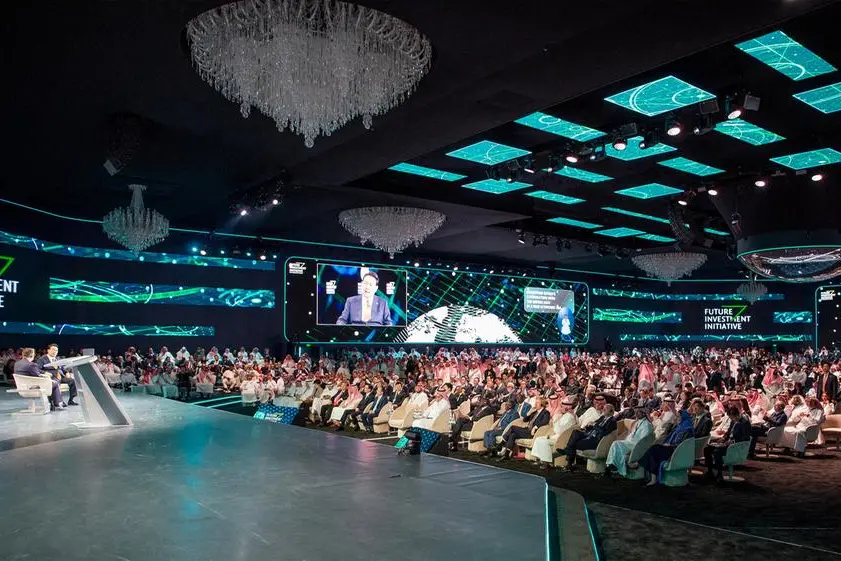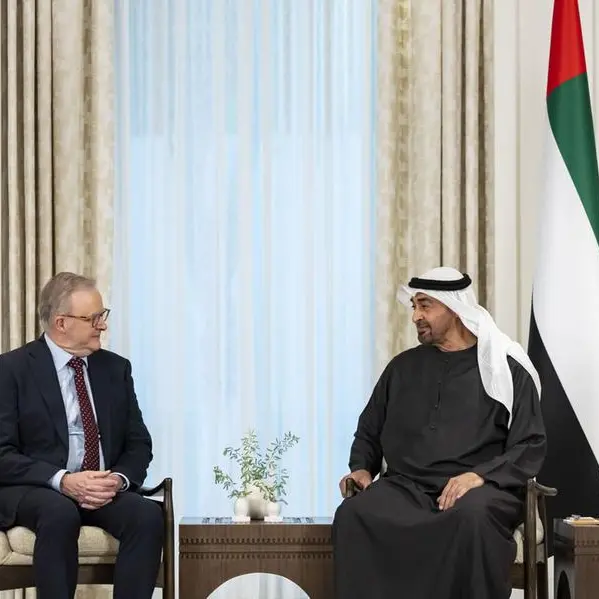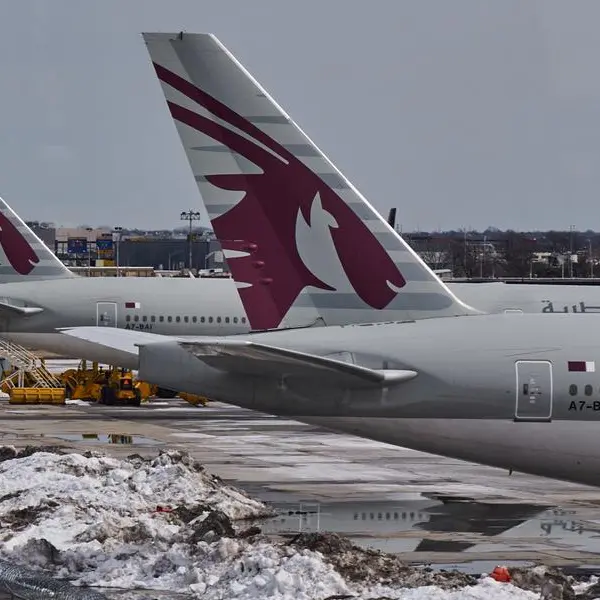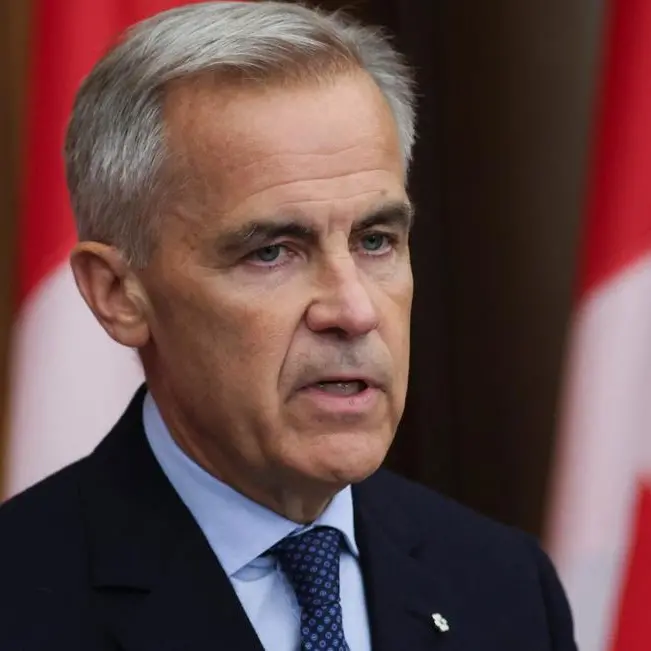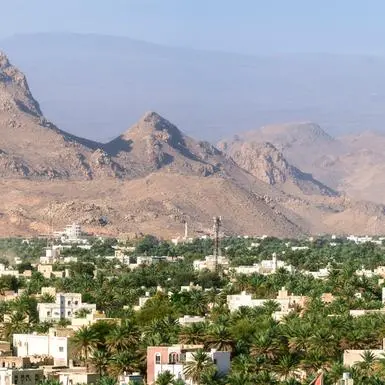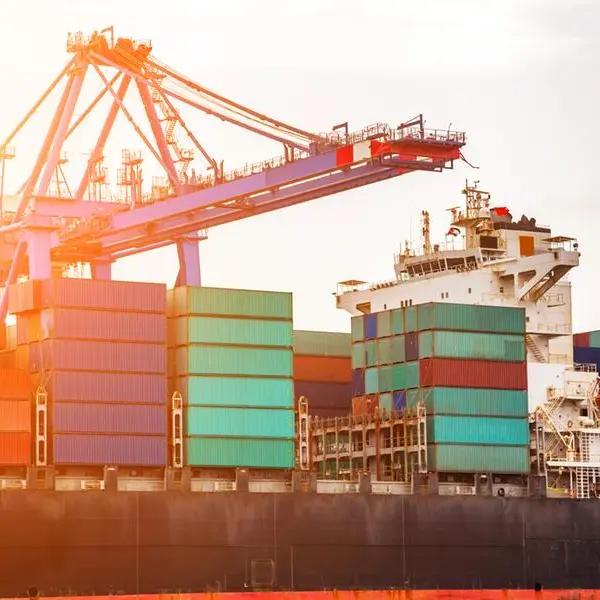PHOTO
The Future Investment Initiative (FII) Riyadh summit has seen a rallying cry from world leaders and corporates for greater cooperation in tackling issues plaguing the planet today, including climate change, climate change, future pandemics and greater governance in the adoption of artificial intelligence (AI).
Here’s what global leaders had to say about the say about various factors impacting the world's economies, climate-related changes and sustainability as well as the new technologies.
Realistic timeline for energy transition
Aramco President and CEO Amin Nasser spoke on the need for a realistic timeline for alternative energy resources, citing high oil demand at the peak of coal in the post-pandemic landscape. Investments in renewables need to happen in conjunction with a reliable and affordable oil supply, stated. “Demand for oil remains high at 103 million barrels a day, underscoring the need for a reliable, affordable supply even as we invest in renewables. Post-COVID, coal is peaking at 8.3 billion tonnes, revealing that fossil fuels still dominate the energy mix, making up over 80%. Let’s be realistic about transition timelines.”
Saudi Arabia’s new tourism target
Ahmed bin Aqeel Al Khateeb, Saudi Arabia’s Minister of Tourism, spoke about the country setting new tourist targets in its drive to achieve its Vision 2030 goals. Al Khateeb said 2023 was expected to close with 100 million visitors to the kingdom, with work underway to raise the contribution of the travel and tourism sector from 3% of the kingdom’s GDP in 2019 to 10% by 2030, with tourism targets also revised to 150 million. During a plenary discussion, he also confirmed that the ministry would invest over $800 billion in the next decade to serve the sector.
BlackRock CEO shares insights
BlackRock CEO Larry Fink revealed that he did not expect to see a soft or hard landing in 2024, but there could be one by 2025, after the US had seen its largest peace time fiscal stimulus. Speaking at the FII, Fink cited the CHIPS Act, signed into law by US President Joe Biden to provide $280 billion in funding for domestic research and manufacturing of semiconductors, as well as the Inflation Reduction Act (IRA) as the stimuli.
Trillions needed to combat global crisis
The private sector must get involved in tackling global crises as governments alone as governments alone do not have the multiple trillions of dollars required, Ajay Banga, the President of the World Bank, said at FII. The worlds’ crises, including climate change and future pandemics, are now intertwined, and that the growing gap between the global north and the global south is worrisome, as people in the south feel left behind when it comes to growth, Banga said in Riyadh. “$1 trillion is needed for renewable energy in the emerging markets – for all the challenges, there are many multiple trillions needed,” he said.
Reduce spending to embrace new realities - Saudi PIF chief
Yasir Al-Rumayyan, the governor of Saudi Arabia’s Public Investment Fund (PIF) and Chairman of Saudi Aramco, said governments and businesses are unable to sustain the level of spending that they did in the past and they must now reduce spending to embrace new realities. “As central banks have tightened monetary policy to slow inflation, businesses and governments have to adjust to this new reality,” Al-Rumayyan said. To sustain this level of spending, he said that “priorities” will need to be made moving forward, which includes embracing new sustainable initiatives and opening up to technological advancements, the most significant of them being Artificial Intelligence or AI.
Greater AI governance
Artificial intelligence is set to contribute nearly $160 billion to Saudi Arabia by 2030, according to the CEO of Saudi Research and Media Group. As governments adopt AI technologies to foster growth, FII has called for the establishment of an AI Coalition, bringing together investors, corporations, government leaders and academics from developed and emerging markets to engage in a frank and candid dialogue on AI alignment. A resolution call includes deeper policy collaboration between industries and governments; a unified global and inclusive AI governance regime; active investment in skills development and social safety nets to ensure just transition for workers displaced by AI; establishment of adequate global response capability to address risks; greater commitment, transparency, and accountability by AI companies.
Israel-Gaza conflict
The ongoing regional conflict also saw the head of the International Monetary Fund (IMF) weigh in on the war between Israel and Hamas, warning that the global economic outlook could worsen further. “What we see is more jitters in what has already been an anxious world,” Kristalina Georgieva said at a panel at the FII investment conference in Riyadh. “And on a horizon that had plenty of clouds, one more ‑ and it can get deeper.”
Driving growth in the kingdom
Jerry Todd, Head of the National Development Division, for the Saudi-backed PIF said that the sovereign fund was responsible for one-quarter of the total investment for the kingdom, meant to be mobilised by 2030. Todd, who was speaking at the PIF Asset Management Forum at FII, stated: “There’s a very important role for the private sector to enable investment across the entire Saudi ecosystem.”
(Writing by Bindu Rai, editing by Seban Scaria)
